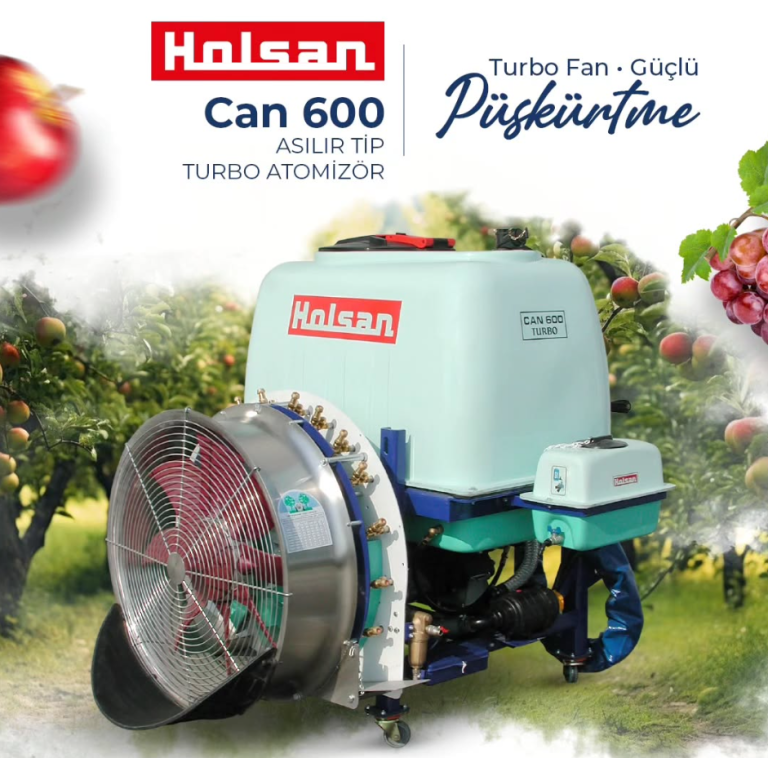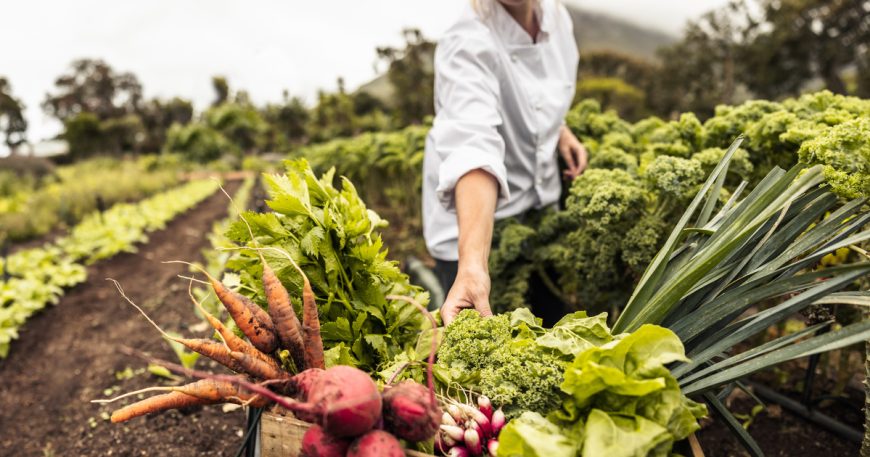Boost Productivity with the Right Tank Size of Tractor Mounted Sprayer
When it comes to agricultural spraying, choosing the right tractor mounted sprayer is crucial. One of the most important factors to consider is tank capacity. The size of the tank directly affects efficiency, productivity, and overall cost-effectiveness. But why does it matter so much? Let’s dive into the reasons why tank capacity should be a top priority when selecting tractor mounted sprayers.
The Impact of Tank Capacity of Tractor Mounted Sprayers on Farm Efficiency
A well-sized tank means fewer refills and more time spent spraying. Larger tank capacities allow farmers to cover more ground before needing to stop and refill, reducing downtime and boosting productivity. On the other hand, a tank that is too small may require frequent refilling, leading to delays and inefficiencies in the field.
Fewer Stops, More Coverage
For large farms, a high-capacity tractor mounted sprayer can be a game-changer. If you have hundreds of acres to cover, stopping frequently to refill a small tank can significantly slow you down. A bigger tank allows you to maintain a steady workflow, maximizing the time your tractor mounted sprayer spends in action rather than at the water source.
Precision and Uniform Application
Tank size also plays a role in the consistency of your application. If your tractor mounted sprayer has an adequate tank capacity, it allows for a uniform spray across the field without interruptions. This consistency ensures that crops receive even coverage of pesticides, herbicides, or fertilizers, leading to better results.

Cost Efficiency: Saving Time and Resources with a Tractor Mounted Sprayer
Fuel and Labor Savings
Time is money in farming. Every time you stop to refill a tractor mounted sprayer, you’re using fuel and labor hours. A larger tank helps reduce these costs by minimizing the number of trips needed to refill, allowing workers to focus on other essential tasks.
Optimizing Chemical Usage
With a larger tank, farmers can plan their chemical usage more efficiently. Mixing larger batches at once reduces the chances of miscalculations that could lead to over-application or under-application. This precision helps in maintaining crop health while preventing unnecessary chemical waste.

Choosing the Right Tank Capacity for Your Needs
Now that we’ve established the importance of tank capacity, how do you choose the right size for your farm? Here are some key factors to consider:
Farm Size and Crop Type
Small farms (under 50 acres) may do well with a tractor mounted sprayer with a 200-400 liter tank.
Medium-sized farms (50-200 acres) should consider tanks between 600-1,200 liters.
Large farms (200+ acres) will benefit from high-capacity tanks of 1,500 liters or more.
Different crops also have varying spraying needs. Vineyards, orchards, and row crops may require different tank capacities depending on their density and spraying frequency.
Spray Frequency and Application Rate
If your farm requires frequent spraying cycles, a larger tank will reduce refill frequency. Consider the spray rate of your tractor mounted sprayer—some models dispense chemicals faster than others, which means a larger tank might be necessary to maintain efficiency.
Balancing Weight and Maneuverability
While a bigger tank offers efficiency, it’s also essential to consider the impact on maneuverability and soil compaction. A fully loaded tractor mounted sprayer with a large tank can be heavy, which may affect:
Soil health: Excessive weight can lead to soil compaction, which reduces aeration and affects root growth.
Tractor performance: Ensure your tractor has the horsepower and hydraulic capacity to handle a heavier sprayer.
Field conditions: Wet or uneven terrain may be harder to navigate with a larger, heavier sprayer.
Selecting the appropriate tank size for your tractor mounted sprayer is a crucial decision that affects efficiency, cost, and effectiveness in the field. Whether you operate a small, medium, or large farm, balancing tank capacity with your farm’s needs will ensure you maximize productivity while minimizing unnecessary costs.


